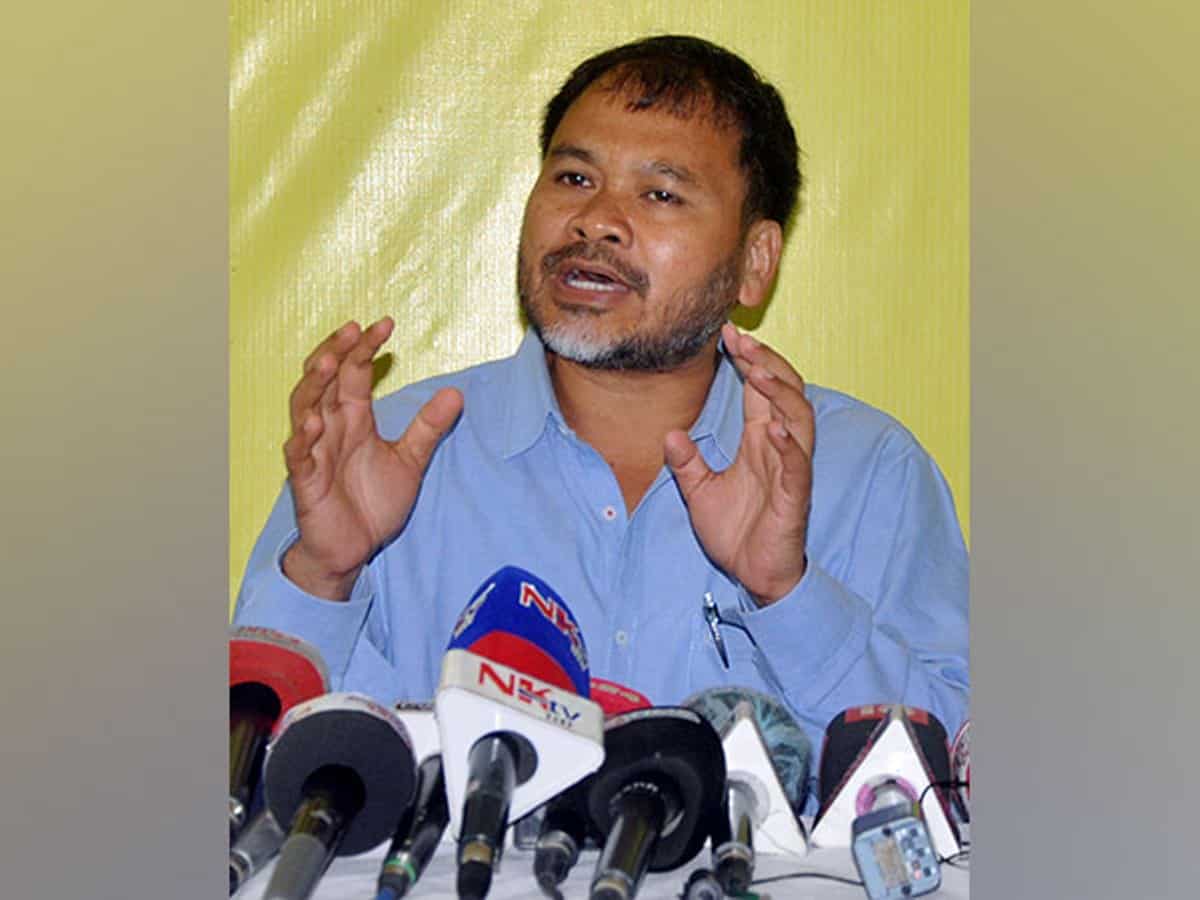
Guwahati: A day after Union Home Minister Amit Shah announced in West Bengal that the government would implement the Citizenship (Amendment) Act (CAA) as soon as the Covid-19 pandemic ends, an influential Assam party on Friday threatened to launch an agitation if the Centre goes ahead with it in the state.
Raijor Dal President and Independent MLA Akhil Gogoi said that the people of Assam would never accept this “anti-people” law.
“The people of Assam would not accept the dictation of the Centre on CAA,” Gogoi told the media terming the CAA as a “draconian act”.
The firebrand peasant leader said that BJP should realise that all sections of people are against the CAA as it is “an anti-people law”.
Gogoi, who is also the President of the Krishak Mukti Sangram Samiti, had spearheaded the massive protests against the contentious citizenship law in Assam since 2019. He was arrested in connection with violent protests in the state in 2019 and was charged under the stringent anti-terror law Unlawful Activities (Prevention) Act.
He was in detention for over one and a half years before being elected to the state Assembly as an independent MLA in the March-April assembly elections last year.
Amit Shah, while addressing a public rally at the Railway Institute Ground in Siliguri in north Bengal on Thursday, said that some people are saying that CAA would never be implemented in West Bengal.
“But I want to assure you that CAA will be implemented for sure once the Covid-19 situation is totally under control. CAA still has relevance and the Chief Minister (Mamata Banerjee) cannot do anything to stop it from getting implemented,” he said.
All eight northeastern states and neighbouring West Bengal witnessed violent protests for many since 2019 and early 2020 against the CAA. At least five people were killed in Assam in police firing and clashes during the violent agitation.
The CAA seeks to grant Indian citizenship to non-Muslims minorities — Hindus, Sikhs, Buddhists, Jains, Parsis and Christians, who have migrated from Bangladesh, Pakistan and Afghanistan till December 31, 2014, after facing faith-based persecution.
